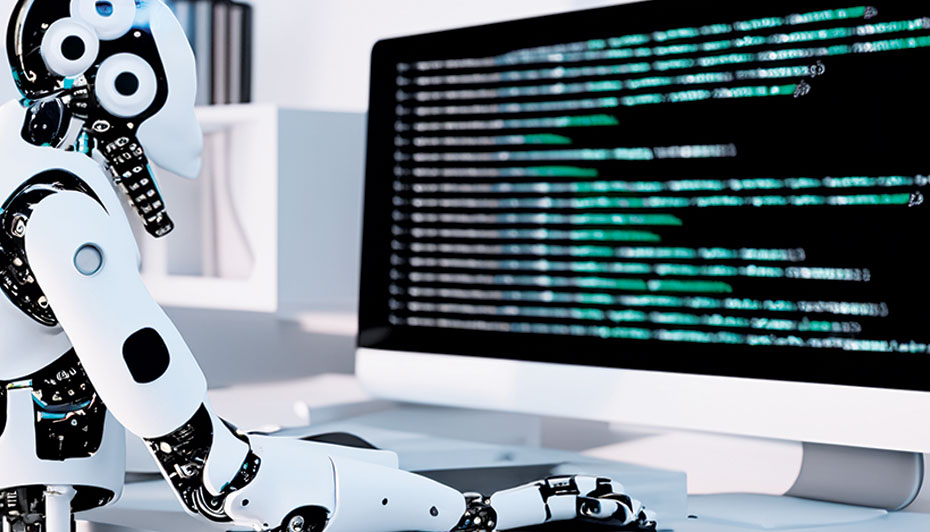The medical coding field has long been a cornerstone of the healthcare industry, ensuring accurate billing and reimbursement for vital services. But the future is rapidly changing, and Artificial Intelligence (AI) is poised to significantly impact medical coding practices. This article explores the Medical Coding Careers in the Age of AI.
Contents
AI’s Impact on Medical Coding:

AI is transforming many industries, and medical coding is no exception. Here’s how AI is affecting the field:
- Increased Efficiency: AI can automate repetitive tasks like code assignment and claims processing, freeing up coders to focus on complex cases.
- Improved Accuracy: AI algorithms can analyze vast amounts of medical data to identify potential coding errors, minimizing discrepancies.
- Faster Reimbursement: Automation can expedite the coding and billing process, leading to faster reimbursement for healthcare providers.
The Double-Edged Sword: Disadvantages of AI in Medical Coding:
While AI offers significant advantages, some potential drawbacks require consideration:
- Job Displacement Concerns: Automation might reduce the overall number of medical coding positions in the future.
- Overreliance on Technology: Overdependence on AI could lead to a decline in coders’ critical thinking and problem-solving skills.
- Black Box Problem: The complex nature of AI algorithms can make it challenging to understand how they arrive at specific coding decisions.
Rectifying the Disadvantages:
Fortunately, there are ways to mitigate the potential downsides of AI:
- Focus on Specializations: As AI handles routine tasks, human coders can specialize in complex areas requiring in-depth knowledge and judgment.
- Upskilling and Adapting: Medical coders can stay relevant by embracing lifelong learning and acquiring new skills to complement AI capabilities.
- Human Oversight and Auditing: Maintaining a human oversight role ensures accuracy and allows for intervention when AI-generated codes seem questionable.
The Future of Medical Coding:
AI isn’t here to replace medical coders entirely, but rather to work alongside them as a powerful tool. Here’s what the future holds for this dynamic field:
- Collaboration is Key: Medical coders will collaborate with AI systems, leveraging their expertise for superior coding accuracy and efficiency.
- Focus on Quality and Compliance: Human coders will play a crucial role in ensuring coding compliance with evolving regulations and healthcare standards.
- Evolving Skillset: The emphasis will shift towards analytical skills, data interpretation, and the ability to manage complex coding workflows.
In Conclusion:
The medical coding landscape is evolving with AI integration, but it remains a promising career path. By embracing continuous learning, adapting to new technologies, and focusing on areas where human expertise shines, medical coders can not only secure their place in the future but also contribute to a more efficient and accurate healthcare billing system.
Also read:
Top AI Solutions for Medication Management in Pharmacies – HK Technical PGIMS
